Good Morning!
Log In

Latest Blogs

Saja DavoodWhy do most people in the UAE get their calories wrongDec 8, 2025 | 6 min
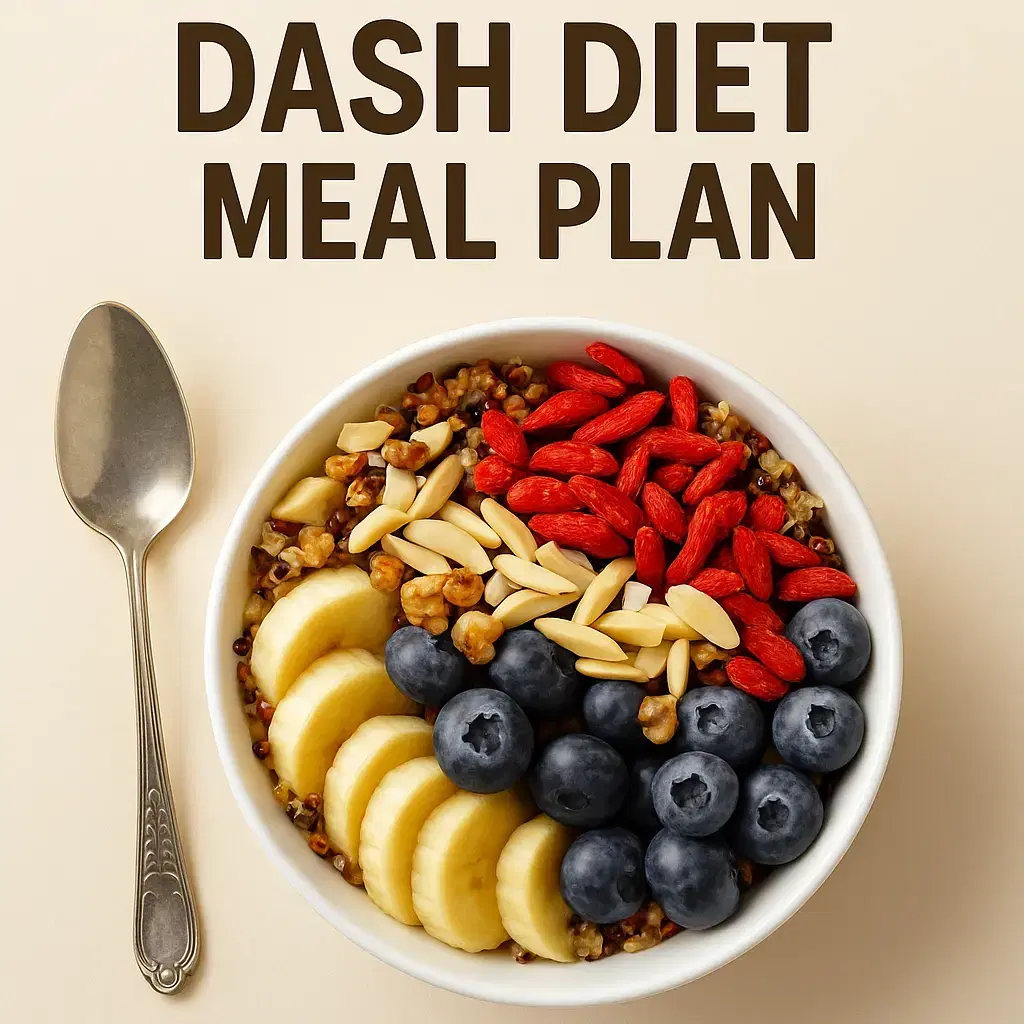
Maurice MaffeoDASH Diet Meal Plan Nov 11, 2025 | 8 min
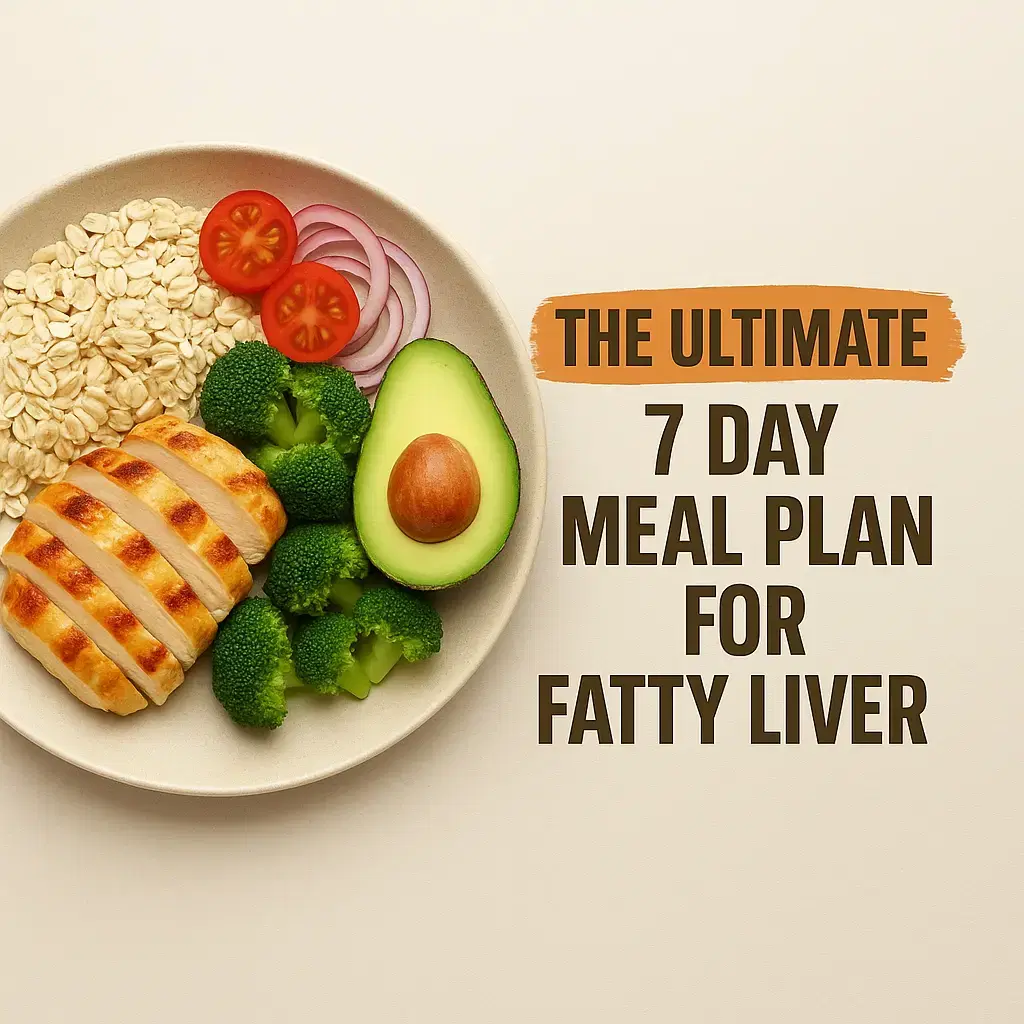
Maurice MaffeoFatty Liver Meal Plan Oct 31, 2025 | 8 min
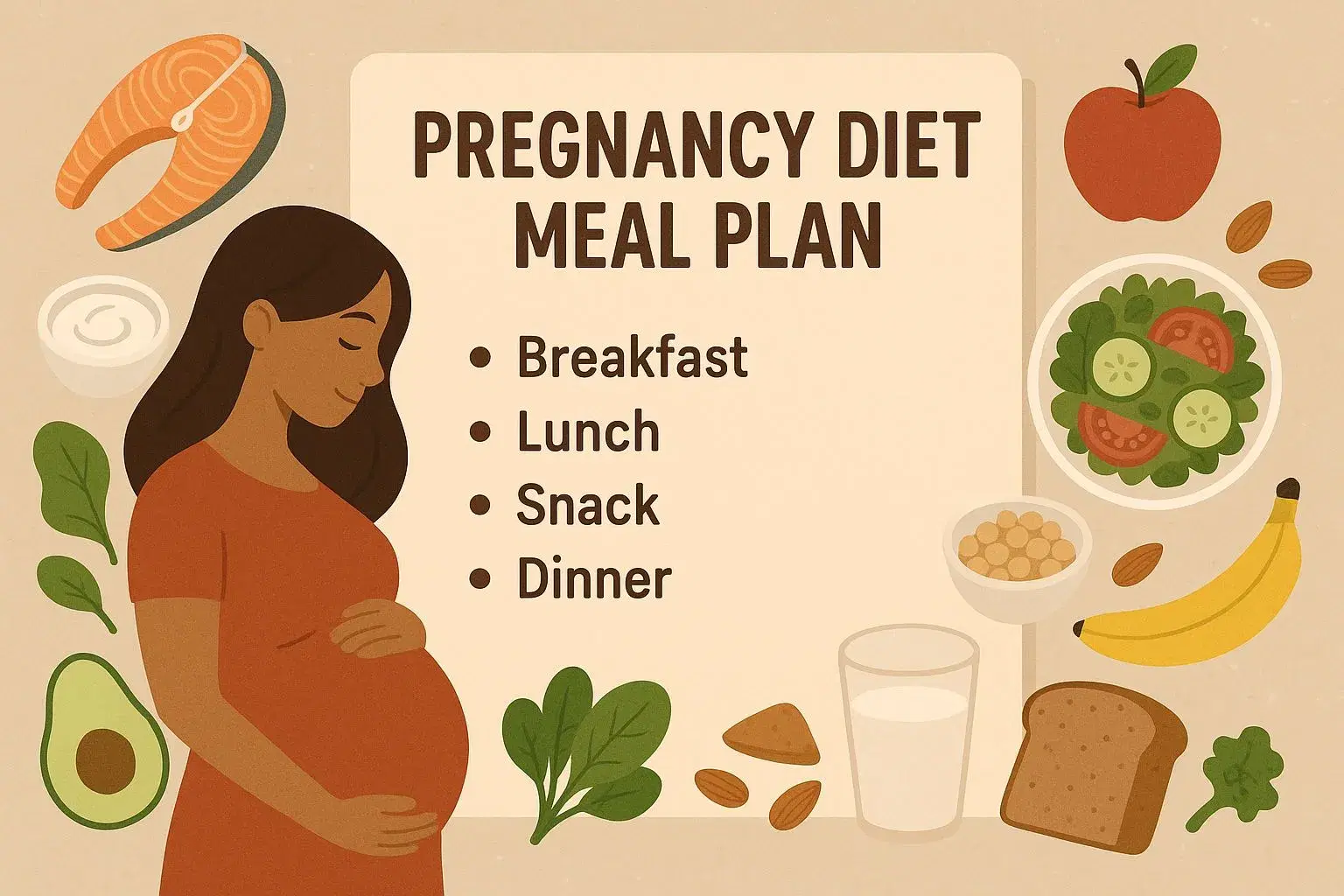
Saja DavoodPregnancy Diet Meal Plan Oct 27, 2025 | 8 min
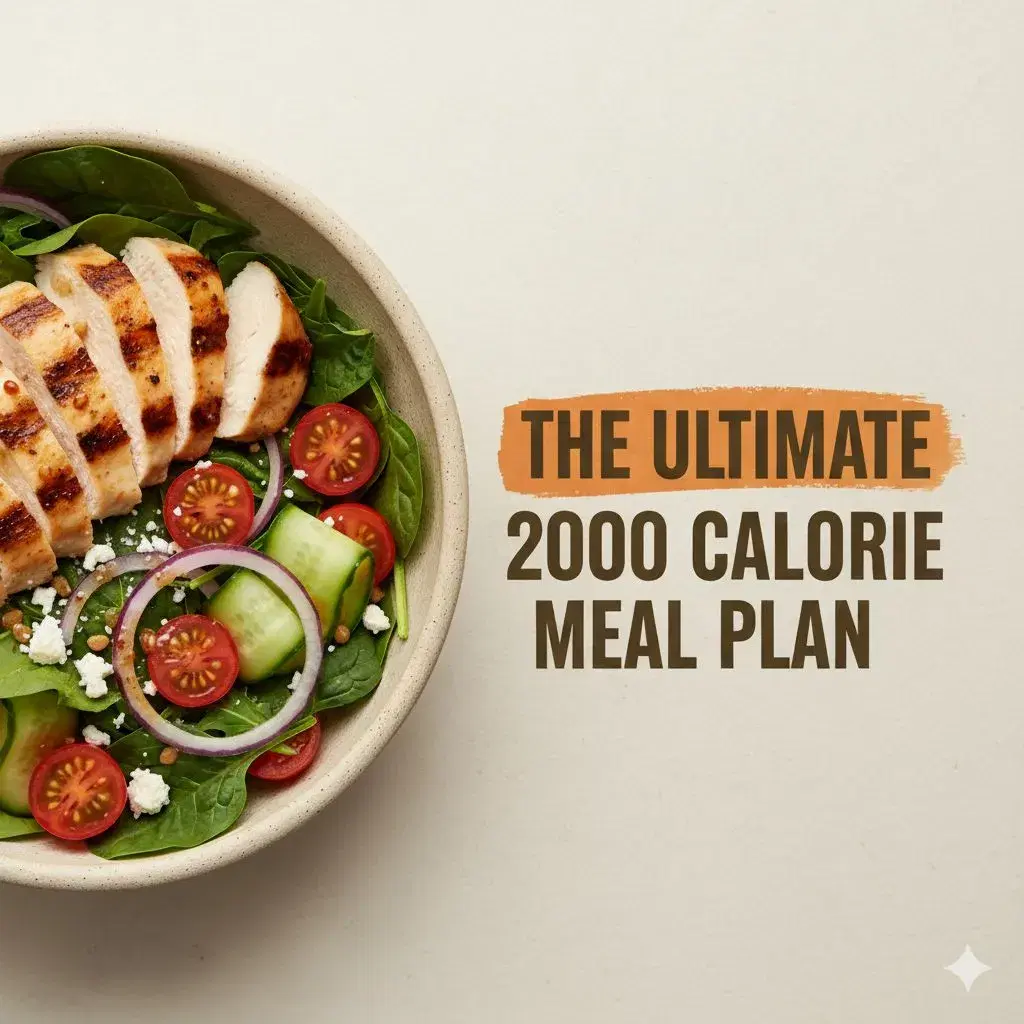
Maurice Maffeo2000 Calorie Meal PlanOct 1, 2025 | 8 min
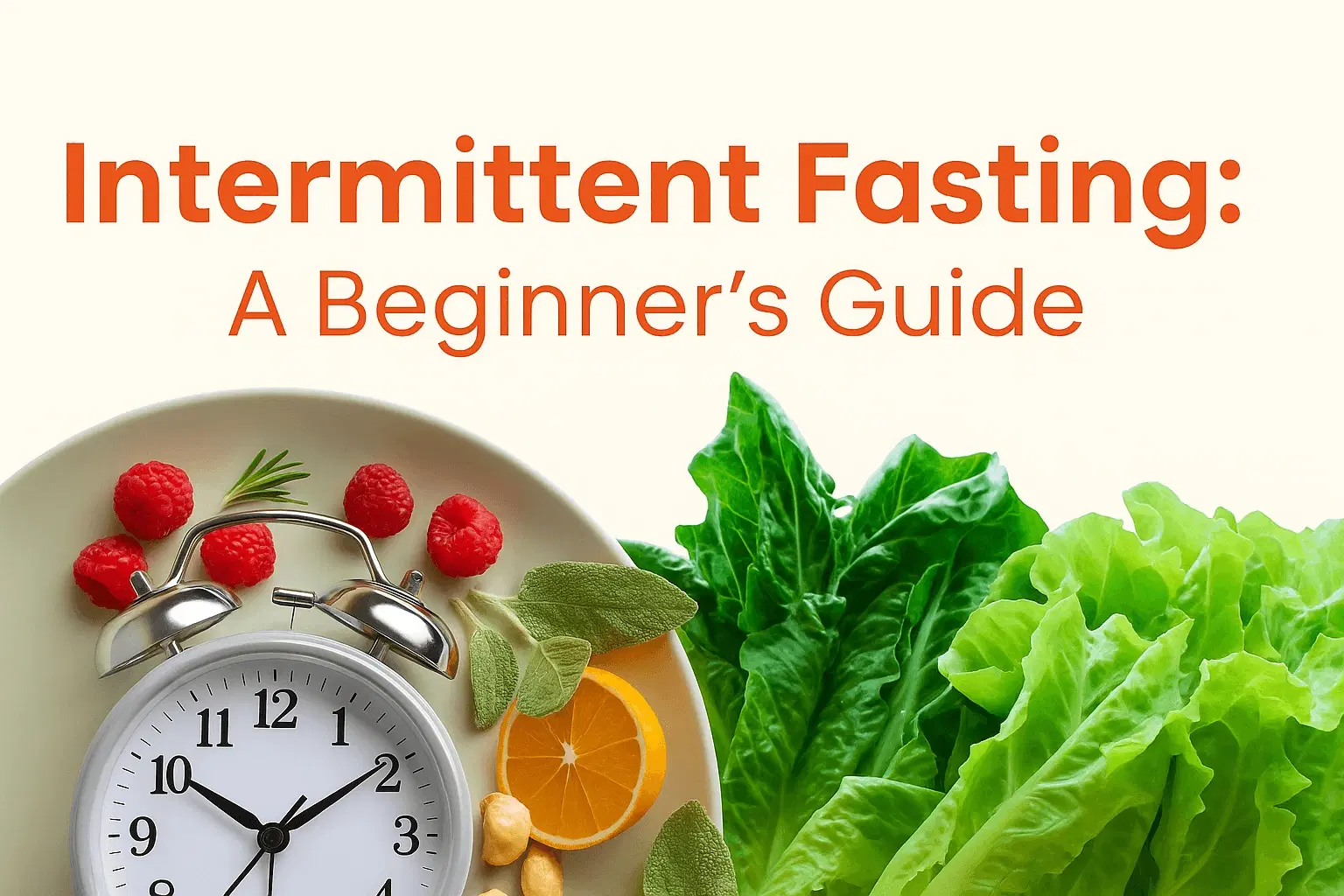
Maurice MaffeoIntermittent Fasting Diet PlanSep 5, 2025 | 8 min
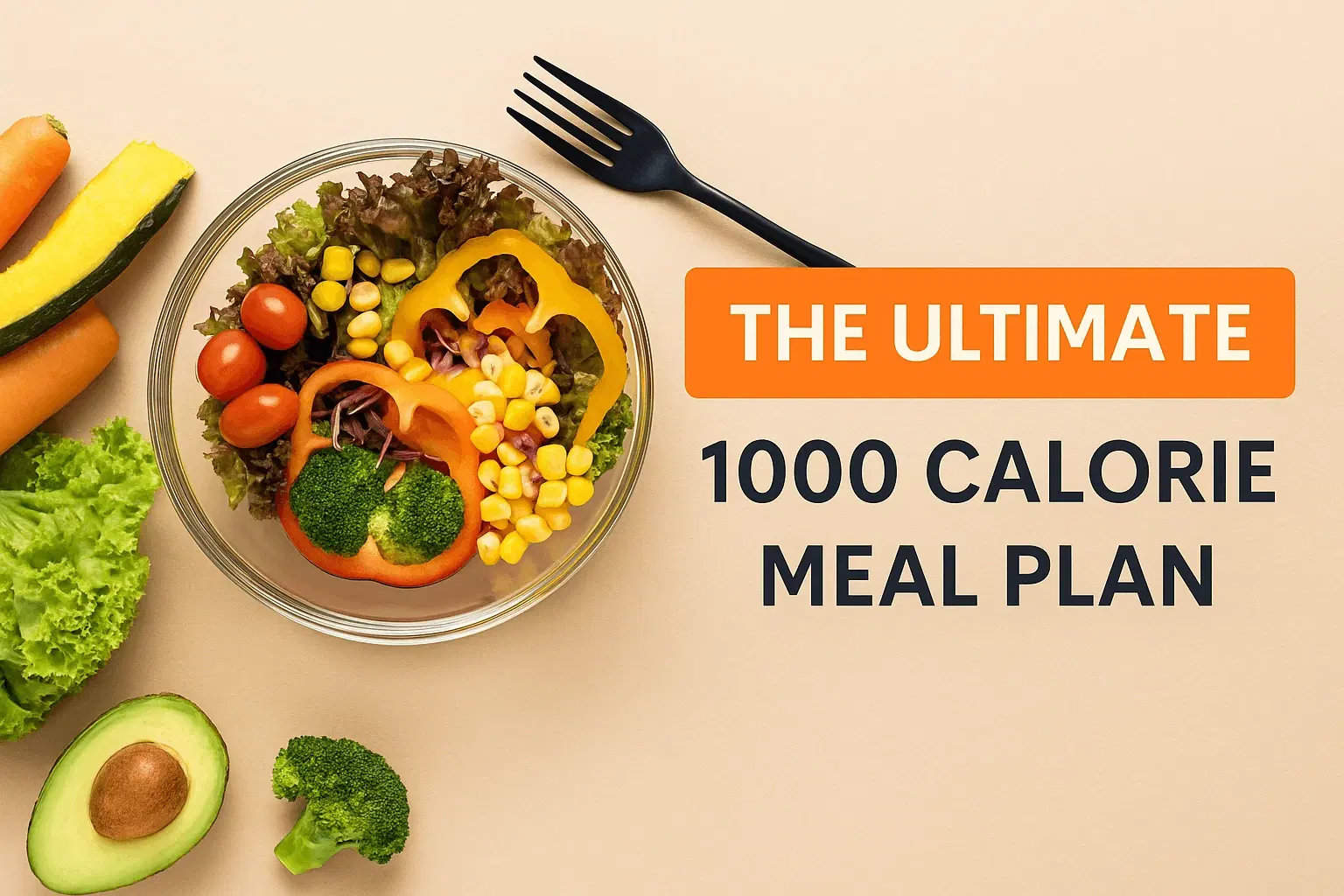
Maurice Maffeo1000 Calorie Meal PlanSep 5, 2025 | 8 min
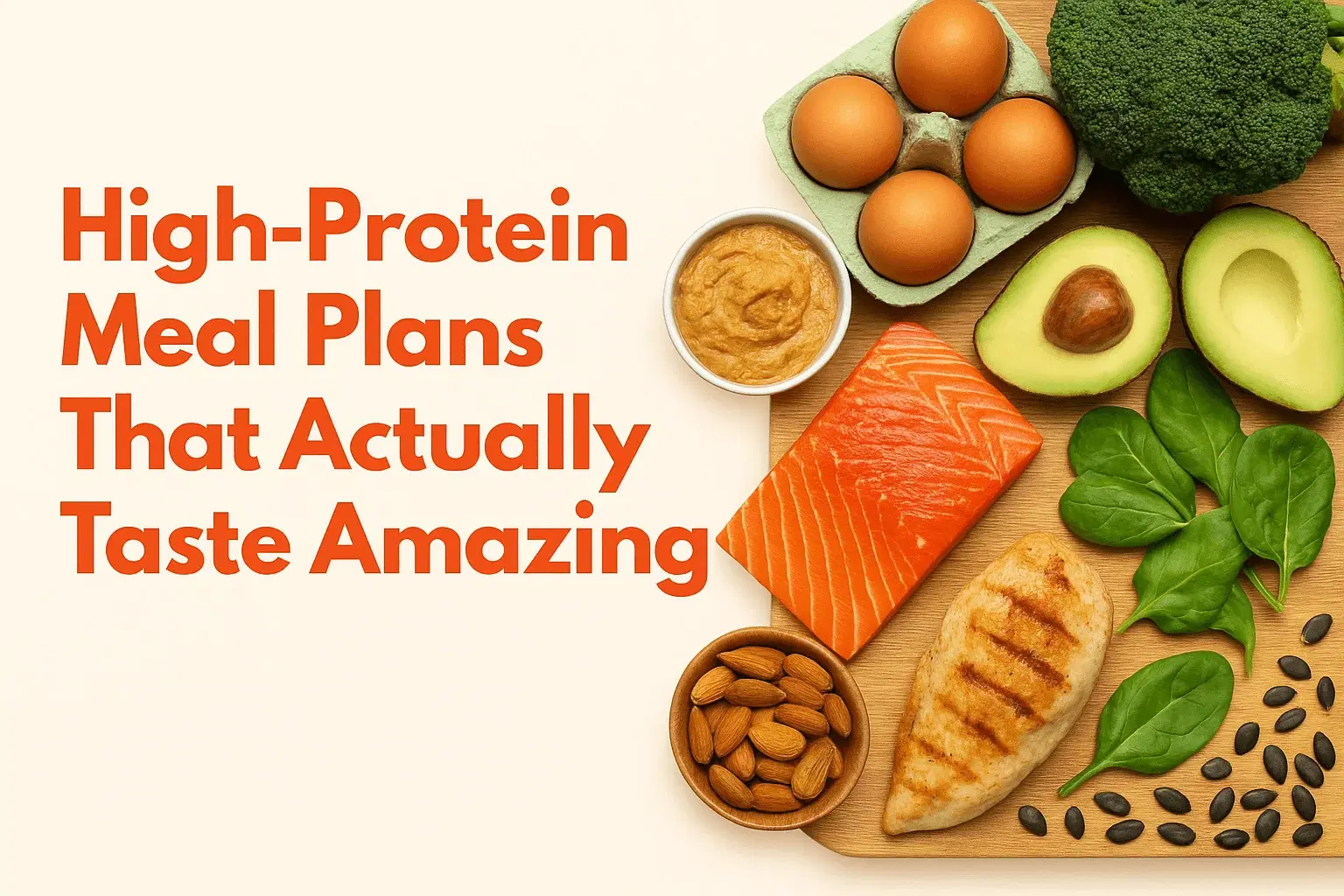
Maurice MaffeoHigh-Protein Meal PlansSep 5, 2025 | 8 min
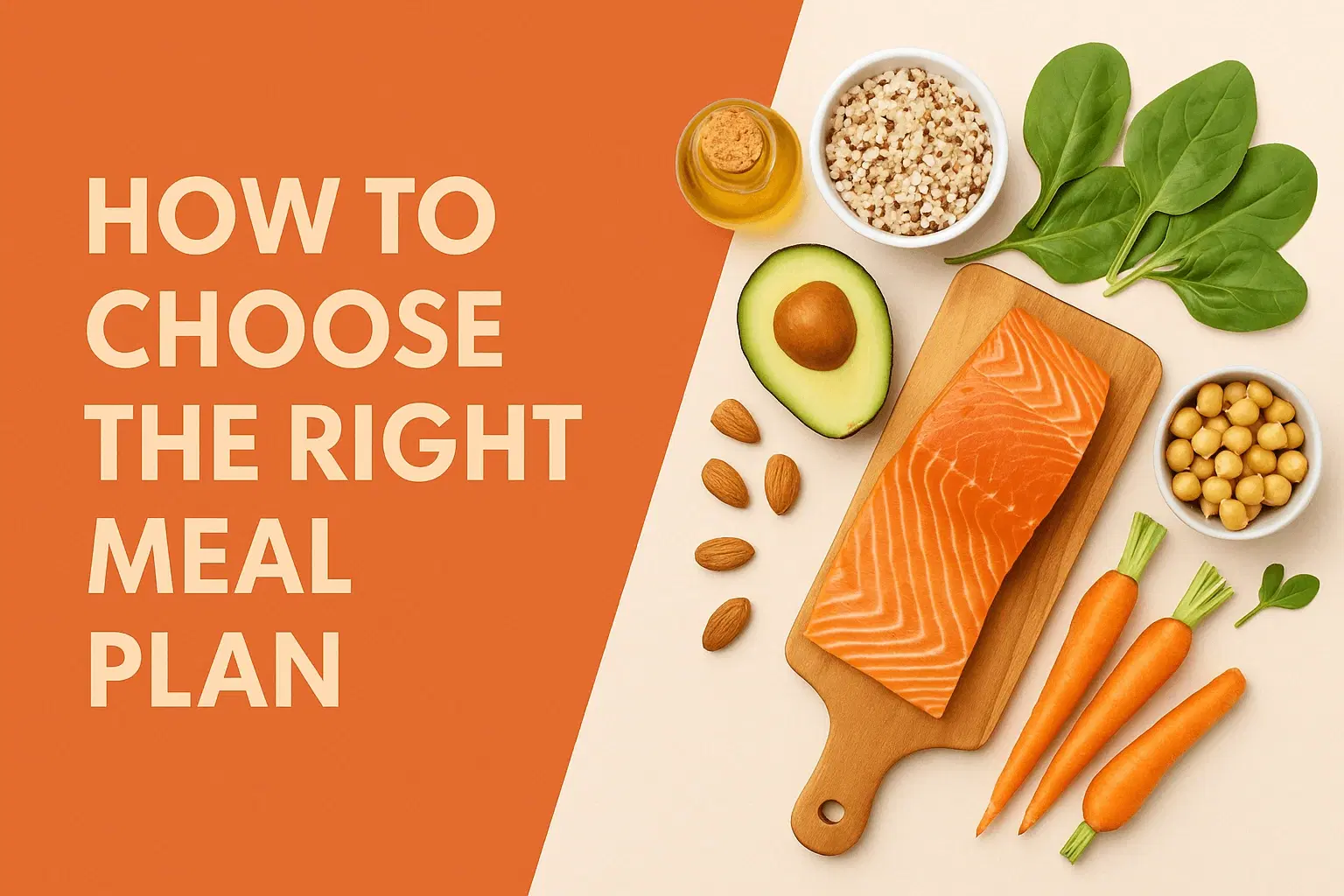
Maurice MaffeoHow to Choose the Right Meal Plan for Your Fitness GoalsSep 5, 2025 | 8 min
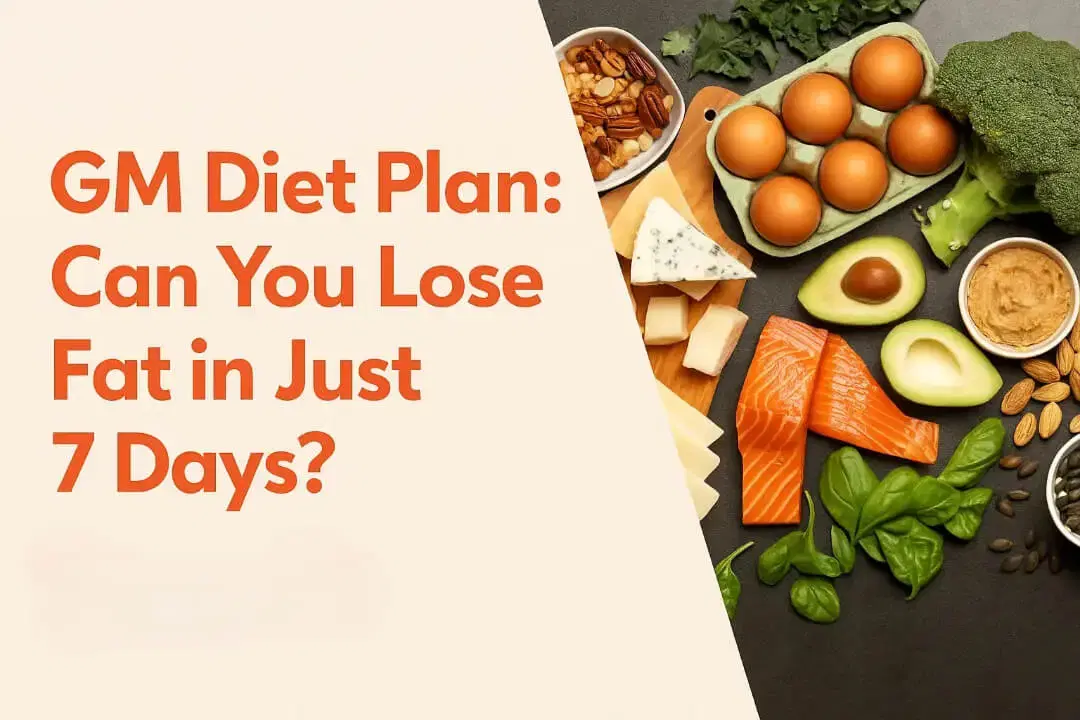
Maurice MaffeoThe GM diet plan: Is it possible to shed fat in just 7 days?Sep 5, 2025 | 8 min

Delight your taste buds with every biteSignup to our weekly newsletter for amazing insights.







